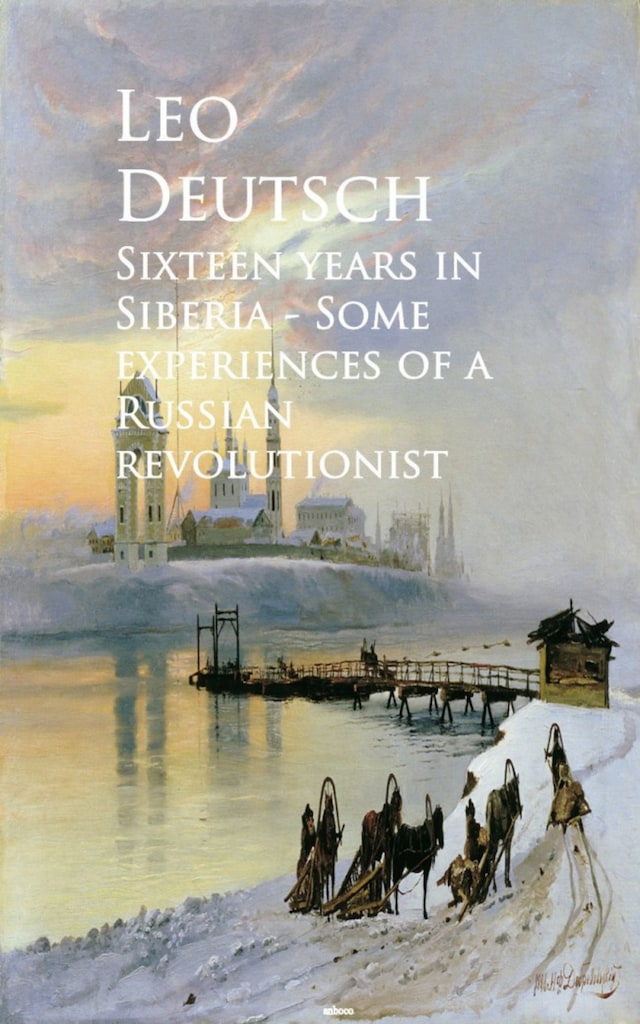
Sixteen years in Siberia
Some experiences of a Russian revolutionist
Om bogen
The author of the following narrative is a leader in the Russian revolutionary movement. The German transliteration of his name is given here as being the form he himself uses in Western Europe; but he is called "Deuc" in the English version of Stepniak's Underground Russia, which was translated from the Italian, retaining the Italian transliteration of names. A more exact rendering of the Russian would be Deitch, the "ei" pronounced somewhat as in the English word "rein."
George Kennan's valuable work, Siberia and the Exile System, the fruit of investigations carried on under circumstances of much difficulty and even danger, has made its many English and American readers acquainted with the true conditions of life among Russian political prisoners and exiles. The story given in the present volume of the painful and tragic events that took place in the political prisons at Kara after Mr. Kennan had left the Russian Empire was written to him by, among others, a friend resident in Kara at the time, whose letter he published in his book. In it are also to be found additional particulars concerning the earlier or later history of many persons whose names occur in the following pages; and it thus throws an interesting light on Mr. Deutsch's story, which is told so quietly, with such an absence of sensationalism, that it is sometimes necessary to read between the lines in order to grasp fully the terrible realities of the situation.
viIt may, perhaps, be useful to readers unfamiliar with the history of the Russian revolutionary movement if I give here a rough sketch of its development, and of its position at the present time.
From the first consolidation of the Empire under the Tsars in the latter half of the sixteenth century, Russian despotism has consistently regarded with apprehension and disfavour all manifestation of independent thought among its subjects.
 Leo Deutsch
Leo Deutsch 417 Sider
417 Sider